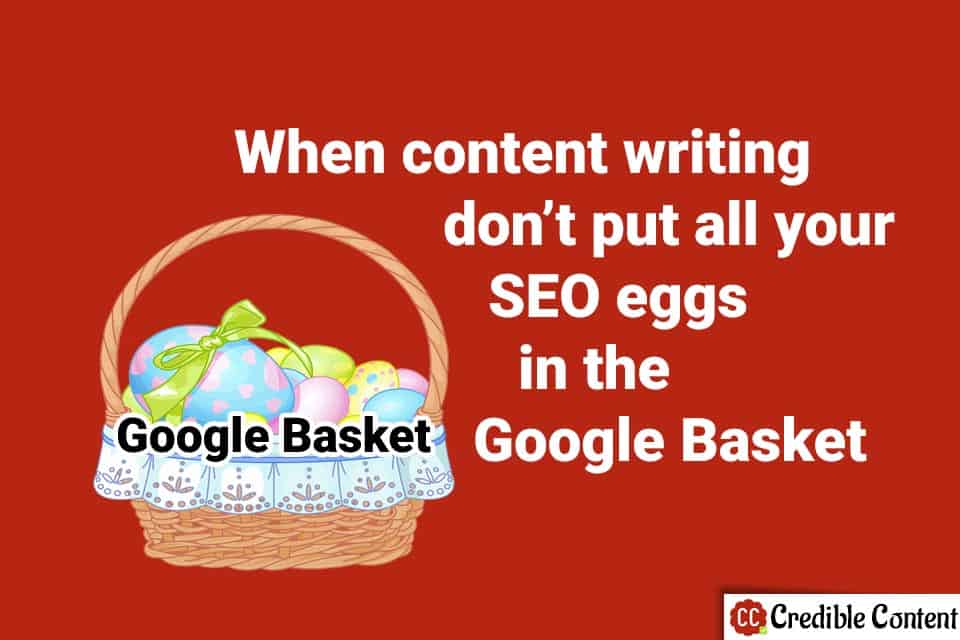After very long time I have read this highly intriguing blog post on what direction Google is taking and how content marketing (in my case, content writing) must take a proactive stand.
Right now, when you write content, there is a more than 99% chance that you want to improve your search engine rankings on Google. The search engine has a 92.17% global market share, after all. The search engine that comes second is Bing at a measly 2.78%.
So, understandably, when you are investing in SEO, you would rather focus on 92.17% than 2.78%.
Google is unpredictable, though. Years of investments in terms of man-hours/woman-hours and money go down the drain with a single update.
Google is a private enterprise. It is capitalism machine. It is not a social service. It wants maximum number of people using its search engine so that it can monetize them.
Eventually, in near future, Google wants to give you information even before you realize that you need to look it up.
People use Google because they find useful information, fast and conveniently. “Useful information” is the keyword here.
Search engineers and hundreds of PhD’s in mathematics are working round-the-clock to make sure that the users get the most relevant information they need.
To achieve that, sometimes they need to change their algorithm according to new observations.
The point is, they are going to change their algorithm at their convenience, whether the new change wipes off all your listings from the search engine or suddenly catapults you to the top position for you every keyword.
SEO content writing while not getting influenced by Google’s whims
Frankly, there is no foolproof solution. The above Content Marketing Institute blog post concludes with
SEO becomes a long-term experiential development strategy, not a game of matching semantics. As content marketers we are ultimately NOT trying to simply understand how people search for content – and are served it via Google – but rather how people are finding and experiencing the solutions to challenges they may not even know they have.
What does it mean?
Provide value instead of writing content according to Google guidelines. Focus on people instead of SEO. Make it easier for people to access your content and it will be automatically accessed by Google and other search engines.
Remember that content is all about experience. You already know that every instance of purchase is an emotional decision. Hence, your content, whether you write that content or publish a video or audio recording, must invoke an emotional response.
Your content must be a part of a journey. A bigger customer journey that does not begin and stop at your search engine rankings.
Rankings matter, yes. Keywords also matter.
But, your content is more than that. Keywords are just a guideline. For example, when you read a book, let’s say “Jude the Obscure” by Thomas Hardy, you know that the theme centers around a character called “Jude” who is always making “obscure” decisions about his life and people around him.
So, when I create a web page about “best content writing services”, instead of repeating the phrase multiple times in my content, I must focus on explaining to you why my content writing services may be the best for your need.
Create the context. Weave a narrative. Deliver value. Touch people emotionally. Then you don’t need to constantly worry about your Google rankings. You content attracts people due to its own, inherent quality.

